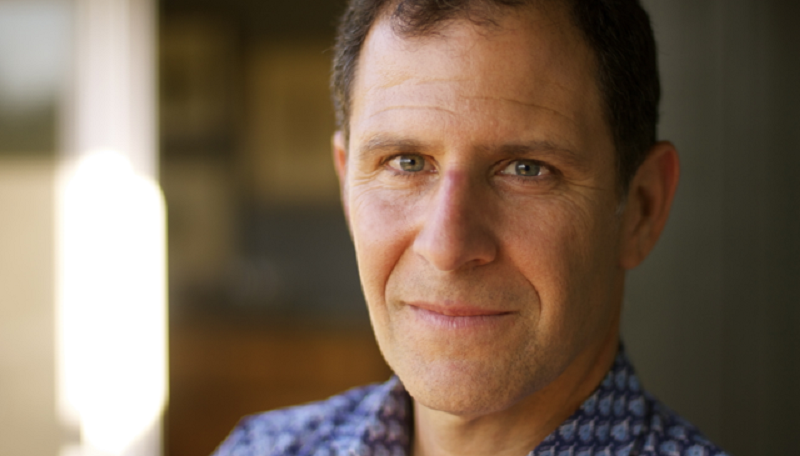Government Support Necessary to Bridge the Digital Divide, Say AT&T and Others
September 4, 2020 – Government support will be needed to bridge the digital divide, said US Telecom CEO Jonathan Spalter and Amy Hinojosa, CEO of the national Latina organization MANA speaking on Tuesday at an AT&T policy forum. Ed Gillespie, senior executive vice president of AT&T, further request










Member discussion